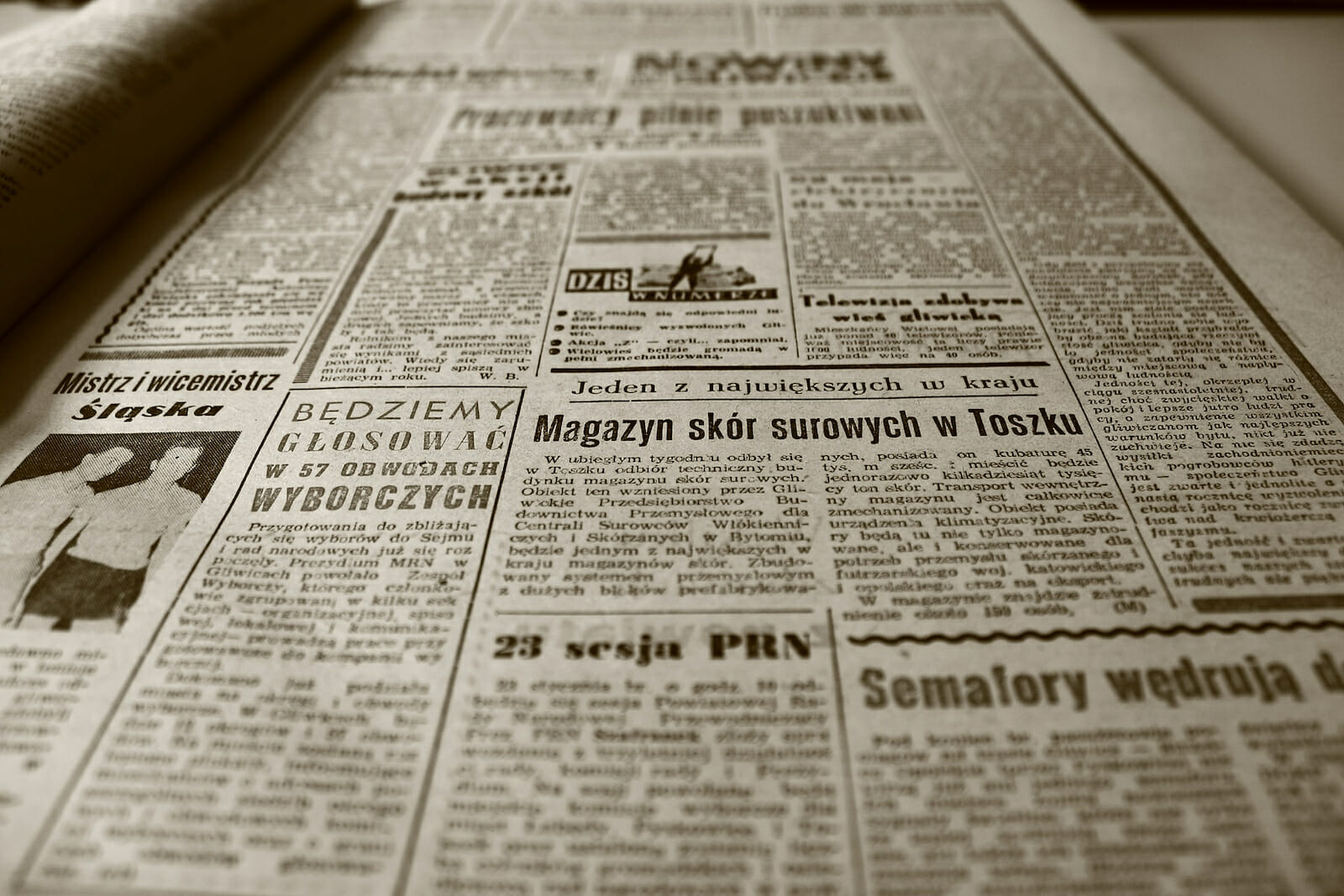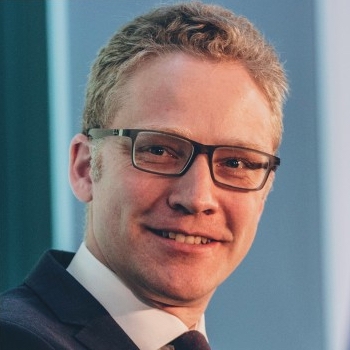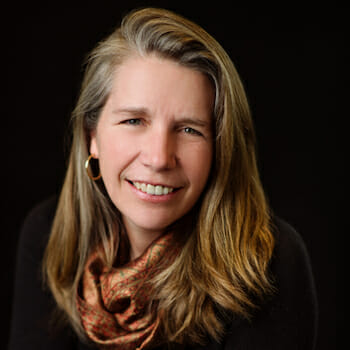
It’s World Press Freedom Day: How Journalists Can Fight False Information in Elections
It feels like non-stop election season worldwide, with consequential leadership contests already happening in Ukraine, Indonesia, and Nigeria, and coming soon in India, South Africa, Afghanistan, and throughout EU member states.
In every case, information – who controls it, who can trust it, and who might be manipulating it – now plays a vital role. Historically stable democracies fear the distorting impact of misinformation whilst more fragile environments are acutely vulnerable to manipulation.
Today, World Press Freedom Day, UNESCO’s annual gathering will explore the role of media in elections and democracy. The link between press freedom and democracy is vital – and it’s important to call out the massive threats in this area above and beyond those faced by so many individual journalists.
At Internews, we work to provide independent local media outlets and journalists with the tools they need to perform their role as trusted watchdogs and providers of verifiable, useful information. Elections simply can’t happen fairly or equitably without accurate information, and local journalists, close to their communities, are best poised to provide it.
With misinformation and disinformation ever more sophisticated, the work isn’t easy. There’s no single way to ensure accurate reporting without fail, but in our work with partners around the world, we’ve uncovered a number of useful strategies.
Get plugged in early
Preparations to combat the spread of fake news can never begin too early. Malign actors can begin sowing seeds of misinformation, designed to divide constituencies years before an actual election.
The value of solid, local elections reporting can’t be overlooked, as a bulwark against false information.
In low-information environments like in Liberia, Internews worked with local journalists to organize candidate debates, in-person and rebroadcast on radio, in each of the 126 districts in Liberia – a first for the country. For these 2017 parliamentary elections, research showed that exposure to the debates increased citizens’ political engagement, knowledge about candidates in the election, and ultimately turnout on Election Day, across the nation. Real people, addressing real issues through a media sector proving it can be trusted.
Location, location, location
There is no one-size-fits-all solution for handling false information across the globe. The location of the election and its consequent scale are extremely important factors.
Take India, for example. The world’s largest democracy is an easy target for peddlers of disinformation. Due to its sheer size, it is impossible for authorities to keep track of all irregular goings-on.
A more sustained prevention approach is needed. Voting for the current election cycle began on April 11th and there are still two weeks to go. European elections come to a crescendo on just one day. Working with journalists at a deeply local level, to understand the nuance and shape of misinformation and influence in their own elections is the only way to strengthen their operations.
Use technology, but don’t rely on it
Multi-billion-pound tech companies, such as Facebook and Twitter, have repeatedly found themselves in the headlines for failing to adequately remove disinformation from their sites. Just last week, an EU report lamented the lack of transparency major tech companies provide when removing fake accounts. Time and time again, these global corporations have been unable to offer an adequate solution.
In Moldova, where Facebook ultimately removed more than a hundred accounts the weekend before the February parliamentary elections for “inauthentic coordinated behavior” – misinformation – our partners had recognized the problem early on. They developed a browser plug-in that overlaid caution signs on Facebook pages and accounts, based on user-provided and verified reports of intentionally false or misleading information. For viewers using the plug-in, they could see at a glance which posts were suspect and could dig deeper to learn why. This put more power in the hands of users while relying on the investigative skills of local journalists to weed out the fakes.
Local Media Expertise
Despite innovative tools and dedicated reporters, fighting false information can feel like an uphill battle. But as an international community dedicated to upholding free and fair elections, we must focus resources on giving real journalists – those who should be the first line of defence against false information – tools to preserve and expand their watchdog role.
In India and Indonesia, through a partnership with Google News Initiative and multiple local organizations, a fact-checking initiative trained more than 7,000 journalists and journalism students, conducted boot camps in multiple local languages, and held more than 200 workshops in newsrooms, colleges, and press clubs across more than 60 cities last year.
In 2019, the training networks are on track to train an additional 8,000 journalists on fact-checking and online verification.
This work – to help journalists turn back the tide of distrust and attacks on information – is difficult. But the stakes are high. Without a shared understanding of facts, we’ll see more communities divided, more contested elections without resolution, and an erosion of democracy worldwide. Working closely to strengthen local media is our best hope.


